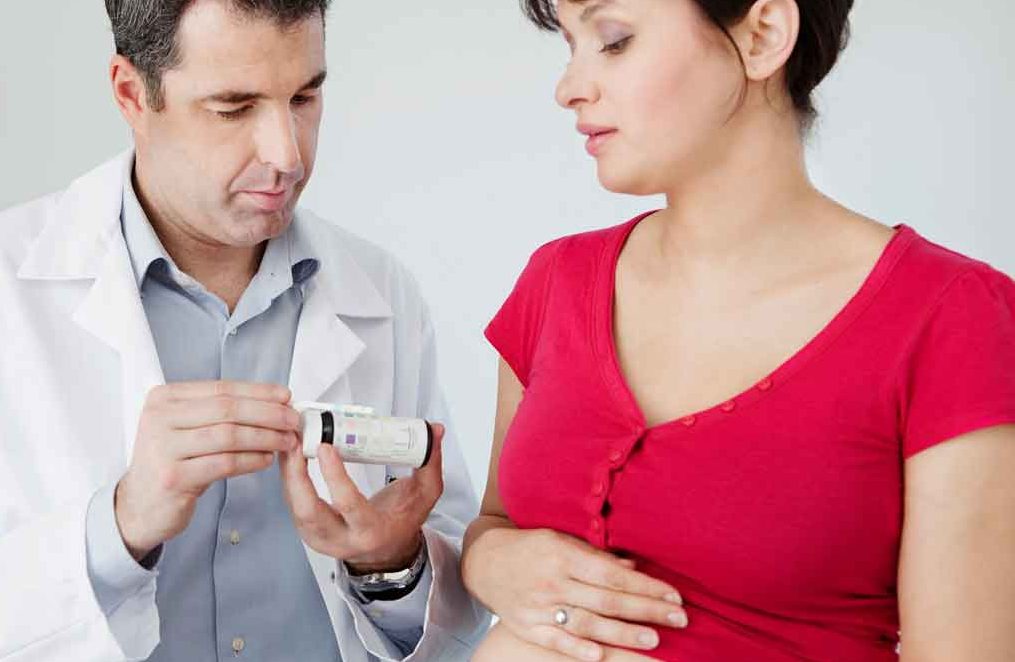Symptoms of Gestational Diabetes

When you’re pregnant, you need to know the gestational diabetes symptoms and be sure you are screened, generally during the sixth or seventh month.
Expectant mothers usually are tested for gestational diabetes at some point, typically during the sixth or seventh month. If you are over the age of 35, overweight, or have a family history of diabetes, expect to be tested earlier and more than once. If you have gestational diabetes symptoms, get checked promptly.
What is gestational diabetes?
By the 24th week, your placenta is sending hefty amounts of hormones into your bloodstream, making it harder for your body to regulate your blood sugar level. In some cases, you can’t produce insulin to keep up. You may also hear the terms glucose intolerance or carbohydrate intolerance.
That doesn’t mean you’ll have diabetes forever. If your gestational diabetes is diagnosed and managed properly, you’ll minimize the effect on your baby, and the condition should go away after delivery.
YOU MIGHT ALSO LIKE: Heart Risks from Gestational Diabetes
What causes gestational diabetes?
Researchers really don't know what causes gestational diabetes, but they do know what happens. Hormone production during pregnancy can affect how your body uses insulin, usually around 20 to 24 weeks. As your placenta grows to nourish your baby, it makes more hormones: estrogen, progesterone, cortisol, and human placental lactogen.
The risk for insulin resistance increases as a result because your pancreas may not be able to make enough insulin to overcome the effects of the additional hormones.
What are gestational diabetes symptoms?
Symptoms of gestational diabetes include:
- Unusual thirst
- Frequent urination
- Fatigue
- Nausea
- Recurrent vaginal
- Bladder and skin infections
- Blurred vision
During a prenatal visit, you’ll need to drink a sweet liquid about an hour before giving blood. You may be nauseated. The results will tell your doctors whether you’re producing enough insulin.
If you have gestational diabetes, your doctor may refer you to healthcare professionals who specialize in diabetes. You’ll need to monitor your blood glucose levels and possibly take insulin. You’ll receive instructions on dieting and exercise.
If your doctors miss the problem or you ignore advice, you increase your risk of problems. You’re more likely to have a delivery issue or need a C-section. Your baby may be larger than normal, which sets her up for weight problems later on.
Updated:
August 10, 2023
Reviewed By:
Janet O’Dell, RN